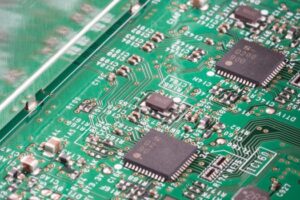Indian American Resident To Be Rewarded For Pioneering Transceiver Technology
Recently, an Indian-American professor from Princeton University has been rewarded with a prestigious award for his groundbreaking contributions in the field of transceiver technology. Kaushik Sengupta used to work an assistant professor of electrical engineering at Princeton University and he has been selected as the top champion in the 2017 Bell Labs Prize. He had received a prize of $100,000 for his contribution in the field of transceiver chip technology.
Transceiver chip technology is the ground-breaking invention that could be helpful to develop wireless communications and it also could be helpful to explore vast opportunities for new applications by reducing its size and expense.
The Bell Labs Prize is given for troublesome technology innovations along with the potential of solving vital challenges faced by the human race for about the upcoming ten years. The fourth reunion of this competition has dragged visitors from over 330 proposals from 35 nations. According to a press release from the university on December 14 has informed that Sengupta would be offered to work with the researchers at Nokia Bell Labs in order to develop his research into the future generation of incorporated technology that makes use of intensive high-frequency waves.
Kaushik Sengupta had completed his B.Tech in the year 2007 and completed M.Tech graduation in Electronics and Electrical Communications Engineering from Indian Institute of Technology. Later, he moved to the United States and done his MS in Electrical Engineering from the California Institute of Technology in the year of 2008 and got his PhD from the same institution in the year of 2012. While discussing various aspects of the technology, Sengupta remarked that everyone should follow the development of technology through the multi-thronged approach and a close association of different scientific disciplines within a synergistic environment.













